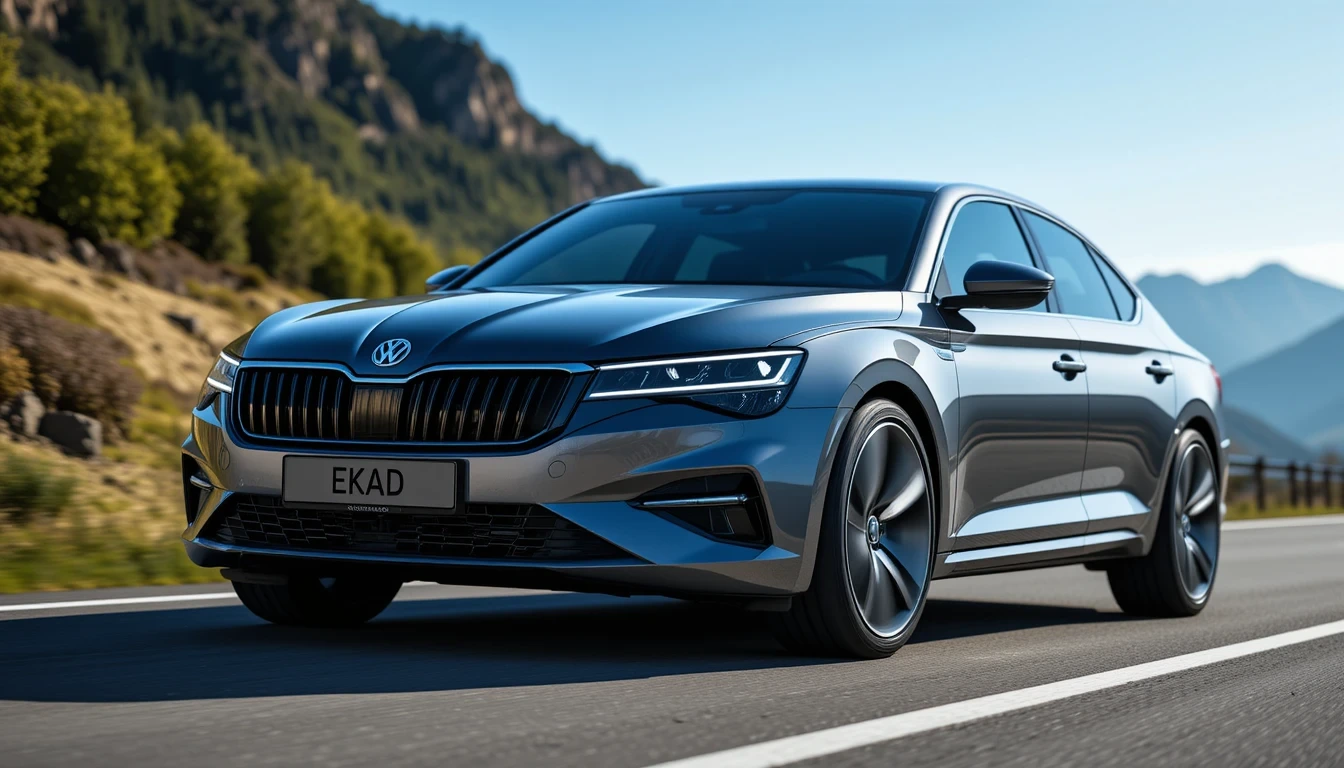Skoda Auto Volkswagen is one of the most influential automotive alliances in the world, bringing together the expertise of two renowned brands under one umbrella. With a rich history, cutting-edge technology, and a strong presence in multiple global markets, this partnership plays a crucial role in shaping the future of the automobile industry.
In this blog, we will explore Skoda Auto Volkswagen’s origins, technological advancements, manufacturing strategies, market position, and future prospects.
A Brief History of Skoda Auto and Volkswagen

Skoda Auto, originally established in 1895 as Laurin & Klement in the Czech Republic, has evolved into a globally recognized brand known for its reliability and engineering excellence. It was acquired by Volkswagen Group in 1991, marking a significant turning point in its development.
Volkswagen, on the other hand, was founded in 1937 in Germany and has grown into one of the largest automobile manufacturers worldwide. With iconic models such as the Volkswagen Beetle and Golf, the company has cemented its reputation as a leader in the industry.
The integration of Skoda into the Volkswagen Group allowed the Czech brand to leverage Volkswagen’s advanced technology, platforms, and global distribution network. Over the years, Skoda has transformed from a regional manufacturer into an international powerhouse under the Volkswagen umbrella.
Manufacturing and Engineering Excellence
Skoda Auto Volkswagen operates multiple state-of-the-art manufacturing plants, ensuring top-notch production quality and efficiency. The brands share platforms, engines, and technology, which allows them to maintain cost-effectiveness while delivering high-performance vehicles.
One of the key production hubs for Skoda Auto Volkswagen is India. The Skoda Auto Volkswagen India Private Limited (SAVWIPL) operates in Pune and Aurangabad, manufacturing a range of vehicles that cater to both domestic and export markets. The India 2.0 strategy, led by Skoda Auto, focuses on localizing production and developing models specifically tailored for Indian consumers.
Bajaj Pulsar 125: A Perfect Blend of Power, Mileage, and Style
By implementing modular platforms such as the MQB (Modular Transverse Matrix) architecture, Skoda and Volkswagen enhance vehicle safety, fuel efficiency, and technological integration. This strategy not only reduces costs but also ensures consistency across different models.
Innovation and Technological Advancements
Both Skoda and Volkswagen have been at the forefront of automotive innovation. From electric mobility to autonomous driving, the brands are investing heavily in future-oriented technologies.
Volkswagen’s ID. series, which focuses on electric mobility, is setting new benchmarks for sustainable transportation. Similarly, Skoda’s Enyaq iV is a testament to the brand’s commitment to electric vehicles.
Apart from electrification, Skoda and Volkswagen have integrated advanced infotainment systems, digital cockpits, and AI-based driving assistance features in their vehicles. Connectivity solutions such as Skoda Connect and Volkswagen We Connect allow users to access real-time navigation, remote vehicle control, and enhanced security features.
Market Presence and Global Impact
The Volkswagen Group is one of the world’s largest car manufacturers, with a strong presence in Europe, Asia, and the Americas. Skoda, as a subsidiary, has grown significantly, especially in emerging markets like India, China, and Russia.
In India, Skoda Auto Volkswagen is playing a pivotal role in expanding the Volkswagen Group’s footprint. The success of models like the Skoda Slavia, Volkswagen Virtus, and Volkswagen Taigun highlights the impact of localized production and strategic marketing.
Skoda and Volkswagen vehicles are often known for their superior build quality, safety ratings, and driving dynamics, making them a preferred choice among consumers.
Specifications Table of Popular Models
| Model | Engine Options | Transmission | Fuel Type | Key Features |
|---|---|---|---|---|
| Skoda Slavia | 1.0L TSI, 1.5L TSI | MT, AT, DSG | Petrol | Digital Cockpit, Ventilated Seats |
| Volkswagen Virtus | 1.0L TSI, 1.5L TSI | MT, AT, DSG | Petrol | 10-inch Infotainment, Sunroof |
| Skoda Kushaq | 1.0L TSI, 1.5L TSI | MT, AT, DSG | Petrol | ESC, 6 Airbags, Hill Hold Assist |
| Volkswagen Taigun | 1.0L TSI, 1.5L TSI | MT, AT, DSG | Petrol | LED Headlamps, Wireless Charging |
Future Prospects and Sustainability Goals
Skoda Auto Volkswagen is actively working towards a sustainable future by investing in electric vehicles, alternative fuels, and carbon-neutral manufacturing. The brands are aligned with the Volkswagen Group’s commitment to becoming a carbon-neutral company by 2050.
Upcoming models will feature improved battery technology, extended range, and more affordable EV options. Additionally, Skoda and Volkswagen are enhancing their recycling and sustainability initiatives to minimize environmental impact.
Conclusion
Skoda Auto Volkswagen is a testament to how two iconic brands can collaborate to deliver world-class automobiles. With a strong emphasis on engineering, innovation, and sustainability, this partnership continues to redefine the global automotive landscape. Whether it’s the latest electric models or feature-packed ICE cars, Skoda and Volkswagen remain committed to providing high-quality, reliable vehicles for their consumers worldwide.
As the automotive industry shifts towards a greener and more connected future, Skoda Auto Volkswagen is set to play a key role in driving this transformation. The fusion of German engineering and Czech craftsmanship ensures that the brand will continue to be a formidable force in the automobile sector for years to come.
